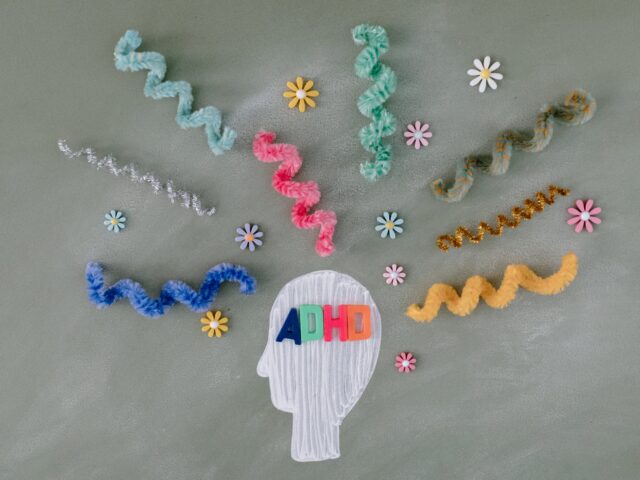What Do Most People Get Wrong About OCD? By Susan George
Picture this: Just as you're getting ready to head out for a crucial appointment, you can't seem to rid yourself of the nagging worry that you forgot to turn off the iron. You check once, twice, three times - each time knowing it's off, but unable to trust your own eyes. Your hands are clammy, your pulse is rapid, and you're...










